9 ways you can help save the bees in Florida
The Sunshine State is home to over 300 species of bees that assist in pollinating agricultural commodities and support ecosystem health, according to the Florida Department of Agriculture and Consumer Services.
>>> STREAM CHANNEL 9 EYEWITNESS NEWS LIVE <<<
Honey bees make a significant contribution to the food supply.
In Florida, blueberries, watermelon, cucumbers, and onions would be producing little to zero fruit if it wasn’t for the honey bee.
Photos: Gatorland’s Gators, Ghosts and Goblins Halloween Event is back
Without the honey bee, there would be no honey, a natural and sustainable sweetener used as skin care, energy booster, and cough medication.
Here are nine easy ways to help our bees-friends :
Put those sprays away! : The chemicals we use to protect gardens and crops from insects are one of the main threats to pollinators; pesticides are toxic to bees. If you can’t completely stop using them, try to use a more natural remedy or fewer chemicals.
Plant, plant, plant! : Unless you live deep in the woods, there’s a good chance there’s a spot in your house where you can plant a flowering tree ( or maybe two). Click here to find out the best trees for bees and other pollinators.
Buy local: Believe us, when you try locally-produced honey, there’s no way back! Check out Central Florida’s beekeepers and support the industry by purchasing their products.
Read: National Lemonade Day: 9 places to enjoy lemonade in Central Florida
Educate your loved ones: Do some research, and learn more about bees so you can educate the little ones to get them involved with caring for the environment while also getting them outdoors and off the screens.
Provide an oasis: Like us, bees need water to survive. You can set up a bee pond with little rocks to avoid bees drowning. This option is a good water source as they often drown in pet bowls or pools.
Create pollinator-friendly spaces: Simple changes in your garden will make your space more pollinator-friendly. Leave the ground undug and some sticks in place to create a natural habitat for ground-nesting pollinators; use native plants; use hollow plant stems in wood for bees’ eggs.
Photos: Zymarium Meadery, Orlando’s first meadery
Become a beekeeper! : Discover the bee-fascinating world! In Florida, each beekeeper with honey bee colonies must register with the Florida Department of Agriculture and Consumer Services (FDACS).
Advocate for pollinator-friendly legislation: Get involved in local conservation organizations promoting bee conservation policies. Encourage your community to adopt bee-friendly practices, like wildflower planting and reduced grass mowing.
Be careful when removing swarms: Bee swarming is natural when colonies outgrow their home. The swarm will not attack you; make sure you stay at least 20 feet away to avoid bee stings. Don’t drive them away with insecticide; instead, call a beekeeper to remove it safely.
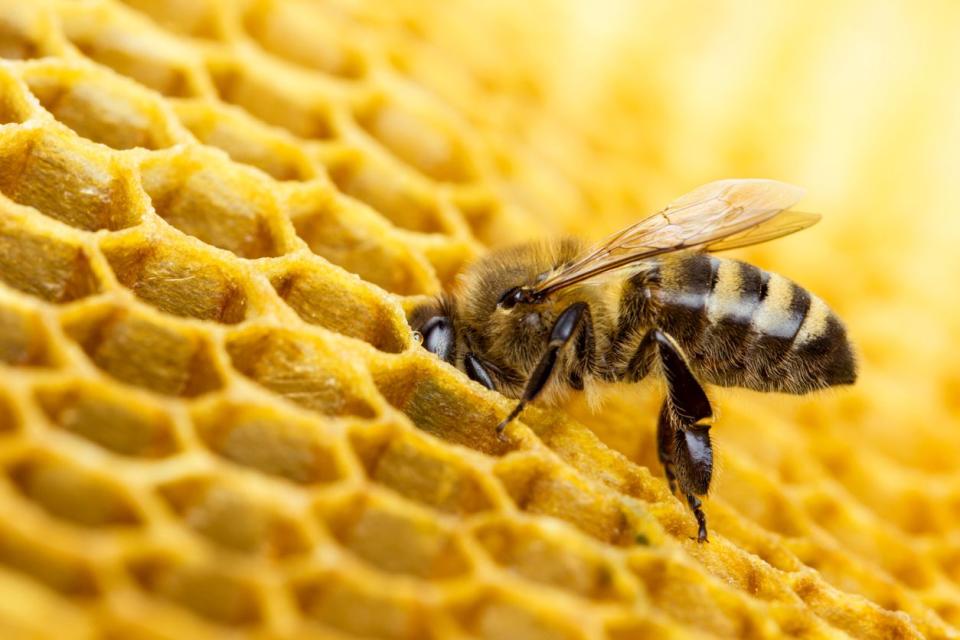

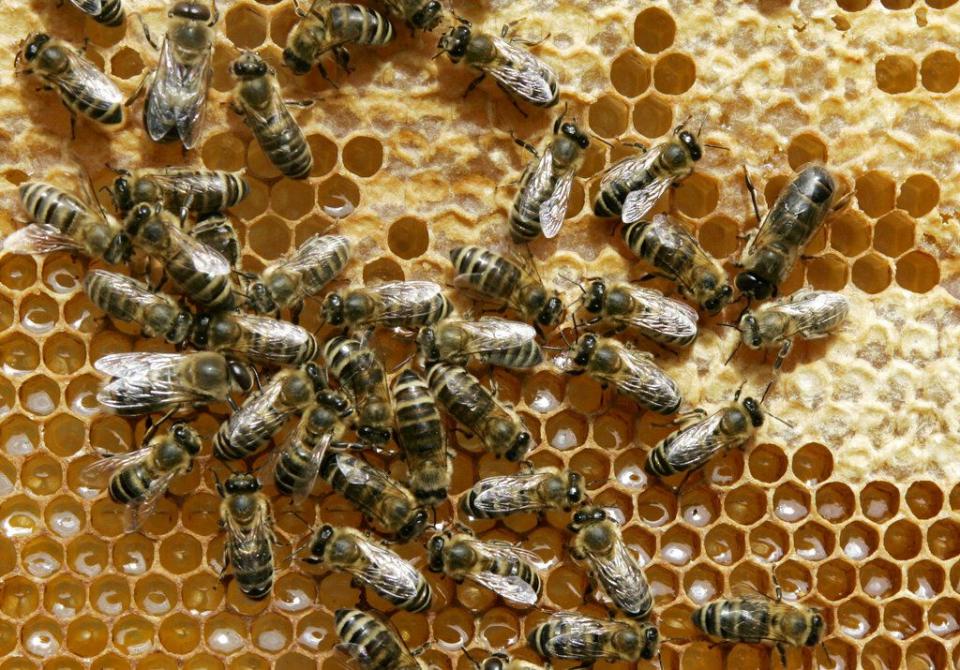

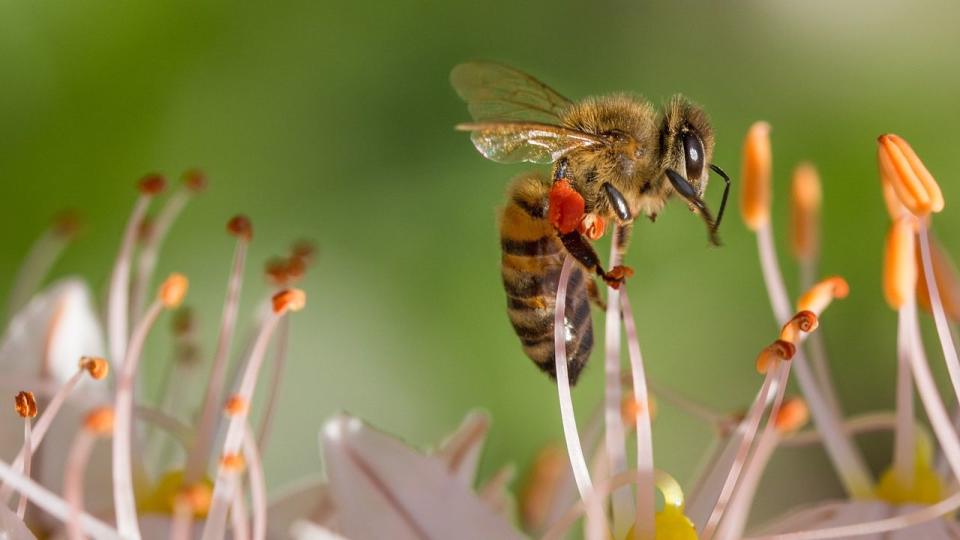
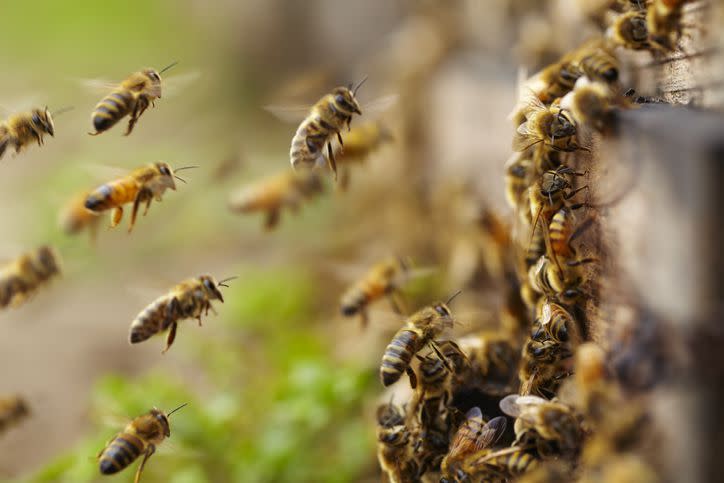

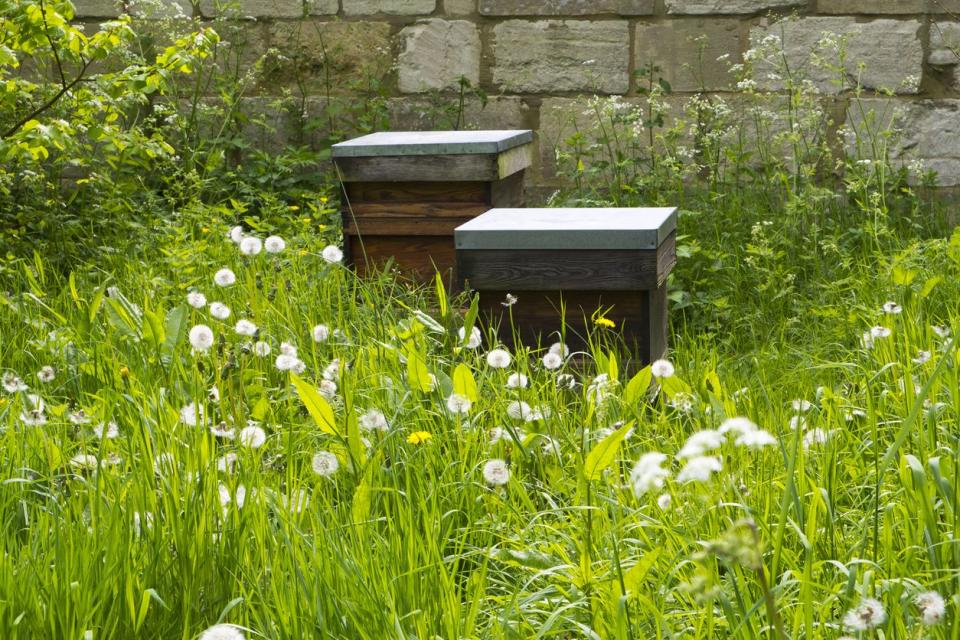
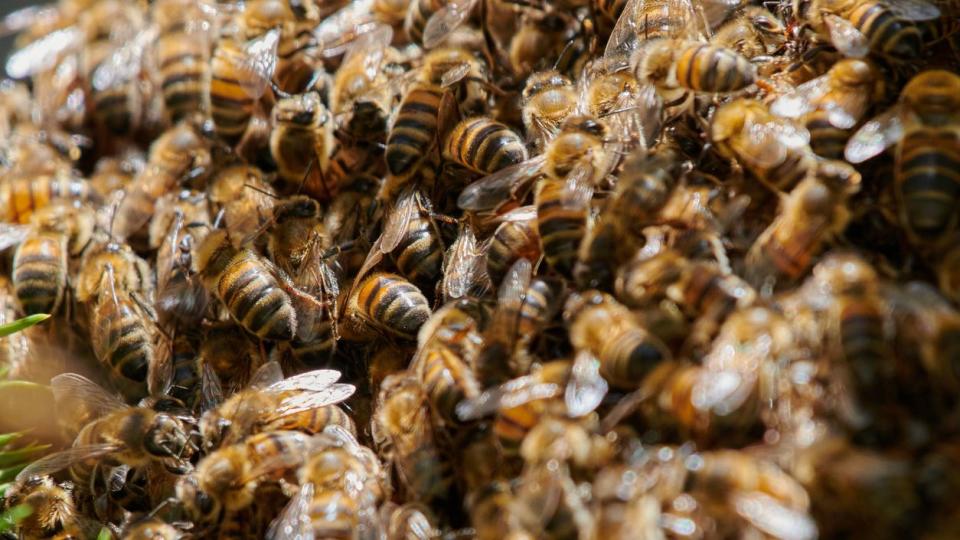
Click here to download the free WFTV news and weather apps, click here to download the WFTV Now app for your smart TV and click here to stream Channel 9 Eyewitness News live.

